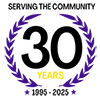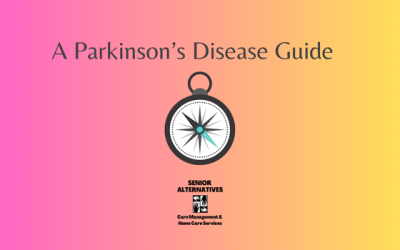January 16, 2020

Dementia affects memory, language, thinking skills, attention span, and perception. In addition to age-related changes in appetite, thirst, and sense of smell and taste, dementia can make eating and mealtimes more challenging as well. Here are some tips to maintain and build nutrition in people living with dementia:
1. Create the right dining environment
Keep mealtime simple and minimize distractions. Finger foods like quartered sandwiches, cheese and crackers, and sliced fruits and vegetables encourage independence since the ability to use silverware is not a limiting factor.
2. Keep track of what works and keep it regular
Keeping track lets you experiment more with things that are working and avoid the things that aren’t. You may notice that your elderly parent always refuses green beans or drinks more water from a straw than from a cup. Also, having a regular daily routine and serving food at roughly the same time every day helps their body be ready to eat at those times.
4. Focus on high-calorie and high-protein foods
To build or maintain weight, encourage small frequent meals. Some seniors feel overwhelmed if they see a large amount of food in front of them. Caregivers can add more fat, such as nut butter, olive oil or avocado. Offer high-calorie beverages like whole milk and juice in addition to water. Promote protein at every meal and snack. This includes poultry, seafood, eggs, yogurt, cheese, and protein drinks.
Just remember that each person is different and care must be individualized depending on specific needs. If your loved one prefers to snack, make sure to have plenty of easy-to-eat snacks available. These include foods such as string cheese, yogurt, and cheese or peanut butter and crackers. If they prefer a larger meal, provide some of their long-time favorites. Finally, if chewing is difficult or tiring, consider serving nutritious soups, healthy smoothies, and milkshakes.
Just remember that each person is different and care must be individualized depending on specific needs.
Related Articles
Boost Cognitive Function Through Brain Exercises
Just like the rest of your body, your brain changes and adapts over time. Through a concept known as neuroplasticity, your brain can form new connections, strengthen existing ones, and even recover lost abilities. Regular mental exercises can have a significant impact on your brain health. Read on to know more…
Why People in Blue Zones Thrive and Live Longer
Blue Zones are regions where people live longer, healthier lives compared to the global average. These areas have been studied extensively to find common denominators and answers about what makes these places unique. One of the key components of these lifestyles is community engagement, or having a strong sense of belonging and support from others. Read on to know more about Blue Zones and how we can duplicate their lifestyle and best practices.
Understanding Parkinson’s Disease
April is Parkinson’s disease awareness month, with that in mind we put together a blog





